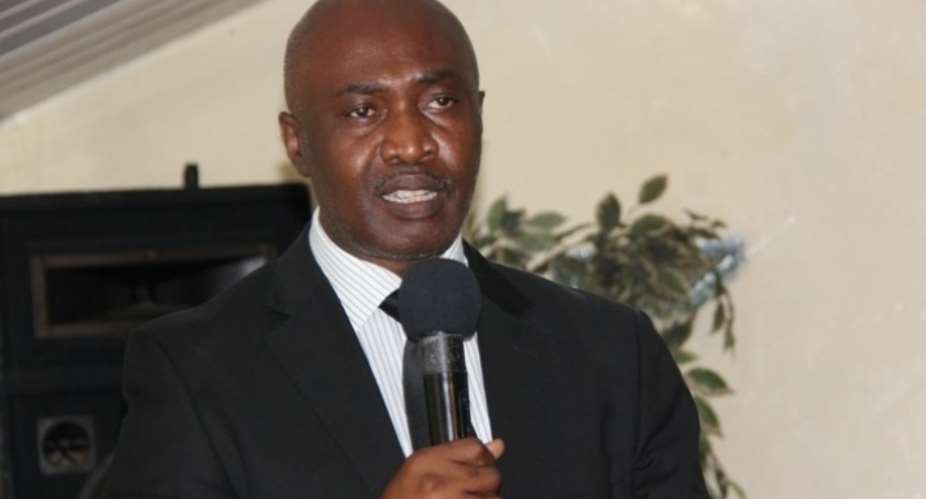The inability of the National Health Insurance Scheme to pay the claims of service providers is threatening healthcare delivery in the Upper West Region.
As of the close of December 2015, the NHIS owed the Upper West office of the Ghana Health Service GH¢19,387,891.55, and as of Tuesday, health facilities in the region had been reimbursed only up to May 2015.
The acting Regional Director for Health Services in Upper West, Dr Winfred Ofosu, has consequently appealed for the quick release of funds to service providers in order not to compromise healthcare delivery in the region.
'It is sad to note that not even all hospitals are fortunate to have received payment up to May 2015. The impact of this is becoming unbearable for the health facilities, and if no prompt action is taken, healthcare delivery could suffer seriously,' he said.
Addressing participants at the Upper West Regional Health Service Performance Review Conference in Wa, Dr Ofosu said 'any delay in reimbursement makes it difficult for health facilities to procure medicine and non-medicine consumables for quality care.'
Depending on NHIS
He said Upper West recorded 95 per cent clients with NHIS cards in 2015 alone, meaning they would rely heavily on the reimbursements to remain operational and effective.
The Upper West Region already has a deficit in the supply of health professionals, although the regional minister, Alhaji Amin Amidu Sulemani, announced that the doctor-to-population ratio has improved from 1:22,940 in 2014 to 1:20,300 in 2015.
Alhaji Sulemani also announced that the region would continue to enforce a policy to retain 100 per cent of health professionals trained there to improve the numbers of professionals in the health sector in the region.
Retaining health professionals
Already, he said midwives in the region had increased from 113 in 2014 to 219 in 2015, while the number of physician assistants also increased from 37 in 2014 to 43 in 2015.
Community-based Health Planning Services (CHPS) zones were also increased from 148 in 2014 to 202 in 2015, while the corresponding CHPS compounds were increased from 164 in 2014 to 194 in 2015.
These gains appear endangered at the moment following the revelation by the acting regional health director about the indebtedness of the NHIS to health facilities in the region.
Despite the obvious challenges, Dr Ofosu said the region increased family planning coverage from 50.9 per cent (91,791) in 2014 to 53.1 per cent (98,341) in 2015.





 SSNIT must be managed without gov’t interference – Austin Gamey
SSNIT must be managed without gov’t interference – Austin Gamey
 Ejisu by-election could go either way between NPP and independent candidate — Gl...
Ejisu by-election could go either way between NPP and independent candidate — Gl...
 We never asked ministers, DCEs to bring NPP apparatchiks for returning officer r...
We never asked ministers, DCEs to bring NPP apparatchiks for returning officer r...
 No one denigrated the commission when you appointed NDC sympathizers during your...
No one denigrated the commission when you appointed NDC sympathizers during your...
 Used cloth dealers protests over delayed Kumasi Central Market project
Used cloth dealers protests over delayed Kumasi Central Market project
 A/R: Kwadaso onion market traders refuse to relocate to new site
A/R: Kwadaso onion market traders refuse to relocate to new site
 Dumsor: Corn mill operators at Kaneshie market face financial crisis
Dumsor: Corn mill operators at Kaneshie market face financial crisis
 Jamestown fishermen seek support over destruction of canoes by Tuesday's heavy d...
Jamestown fishermen seek support over destruction of canoes by Tuesday's heavy d...
 Election 2024: EC to commence voter registration exercise on May 7
Election 2024: EC to commence voter registration exercise on May 7
 Public schools rebranding: We’re switching to blue and white, we’re painting all...
Public schools rebranding: We’re switching to blue and white, we’re painting all...
